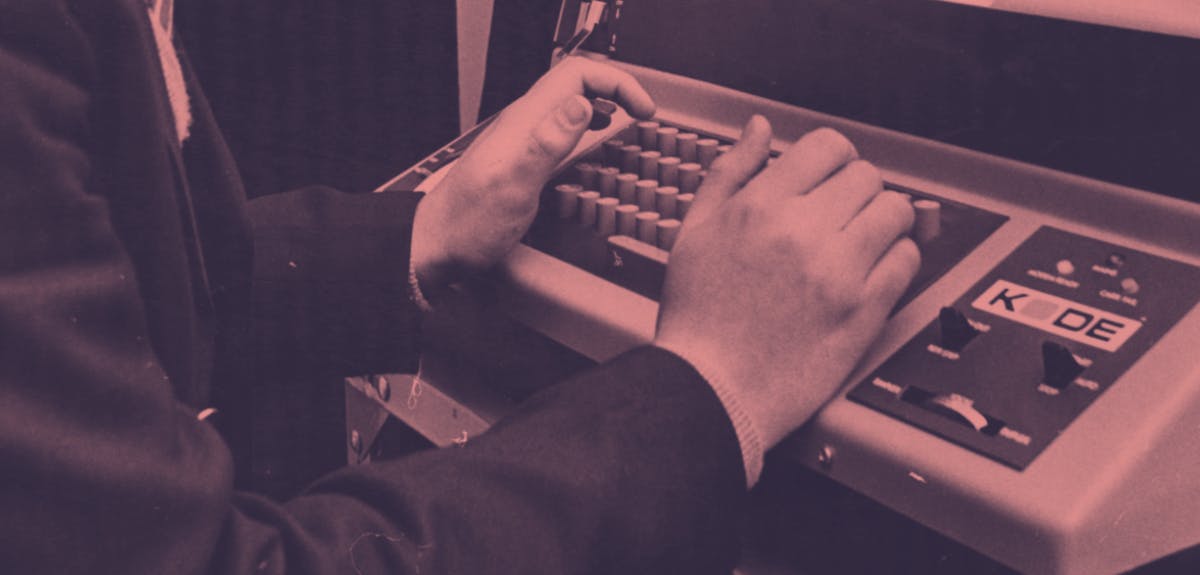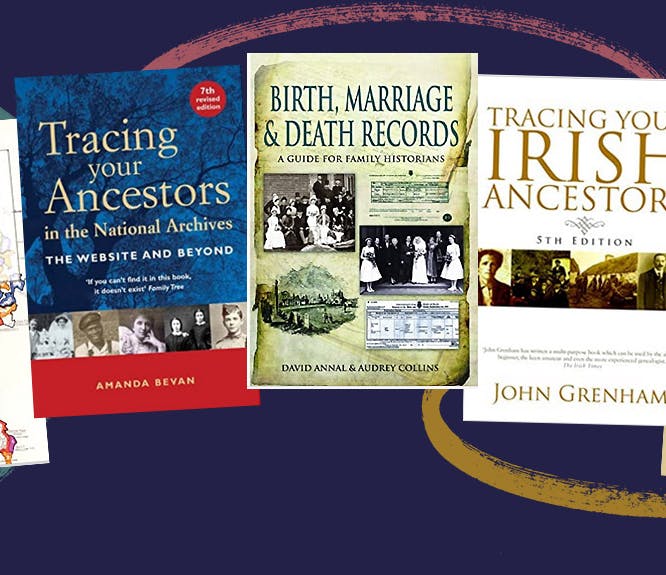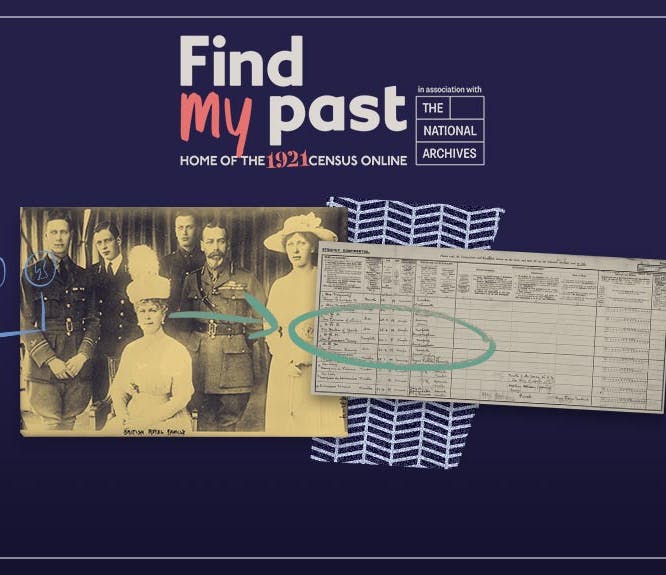Unleashing the power of ChatGPT in family history research
2-3 minute read
By Liam Boyle | December 21, 2023

Dive into the fascinating intersection of technology and genealogy, uncovering the potential of ChatGPT to enhance the experience of unravelling your family history.
Delving into our family history is a journey that connects us to our roots, allowing us to understand the stories and experiences that have shaped our identity. In the digital age, technology plays a pivotal role in aiding researchers, and one tool that's gaining prominence is ChatGPT. In this blog post, we'll explore what ChatGPT is, its limitations, and how it can be a valuable asset in the realm of family history research.
What is ChatGPT?
ChatGPT is a state-of-the-art language model developed by OpenAI which is trained to generate text based on the input it receives. It is a powerful tool that understands and generates human-like responses to text prompts, making it versatile for various applications, including assisting family historians.
It is important to note that while ChatGPT is powerful, it may not always produce accurate or contextually appropriate responses. Users should exercise caution and critical judgment when interacting with the application, especially in sensitive scenarios.
ChatGPT's Limitations
While ChatGPT is impressive, it is essential to be aware of its limitations. One of the key challenges is that it doesn't possess real-world knowledge beyond its training data.
Therefore, it can provide inaccurate or outdated information in some situations. ChatGPT may also sometimes generate responses that sound plausible but lack factual accuracy and so you should always approach its outputs critically and cross-verify information through reliable sources.
How ChatGPT can help family historians
Conversation and collaboration
ChatGPT can assist family historians in conducting virtual interviews with ancestors. By simulating conversations, researchers can gain insights into the lives and experiences of their relatives. This adds a personal touch to the research process, making it more engaging and insightful.
Content generation
Writing family histories, biographies, or even fictionalised accounts of your ancestors' lives can be time-consuming. ChatGPT can expedite this process by generating creative and coherent narratives based on the information provided. It can help family historians articulate their findings in a compelling and accessible manner.
Research suggestions
When faced with brick walls or gaps in your research, family historians can use ChatGPT to brainstorm ideas and suggest potential research avenues. The model can offer prompts for further investigation, helping researchers overcome obstacles in their quest for their ancestors.
Language translation
Families often have diverse backgrounds, and historical documents may be in different languages. ChatGPT, with its language translation capabilities, can aid in translating documents, letters, or diaries, enabling researchers to access a broader range of information - especially handy for those Latin parish registers!
Contextual understanding
ChatGPT's ability to understand context can be harnessed to analyse complex family relationships and historical events. By providing relevant context, researchers can seek insights into the motivations and emotions that shaped their ancestors' decisions.
Incorporating ChatGPT into family history research can significantly enhance the efficiency and depth of exploration. While acknowledging its limitations, leveraging the model's conversational and generative capabilities opens up new possibilities for engaging with our past.
As technology continues to evolve, so too does the potential for innovative applications in the field of genealogy.
Related articles recommended for you

Discover English records spanning over 350 years
What's New?

Five family history books for getting started in genealogy: our experts' recommendations
Help Hub

How genealogy can bring your family closer
Getting Started

